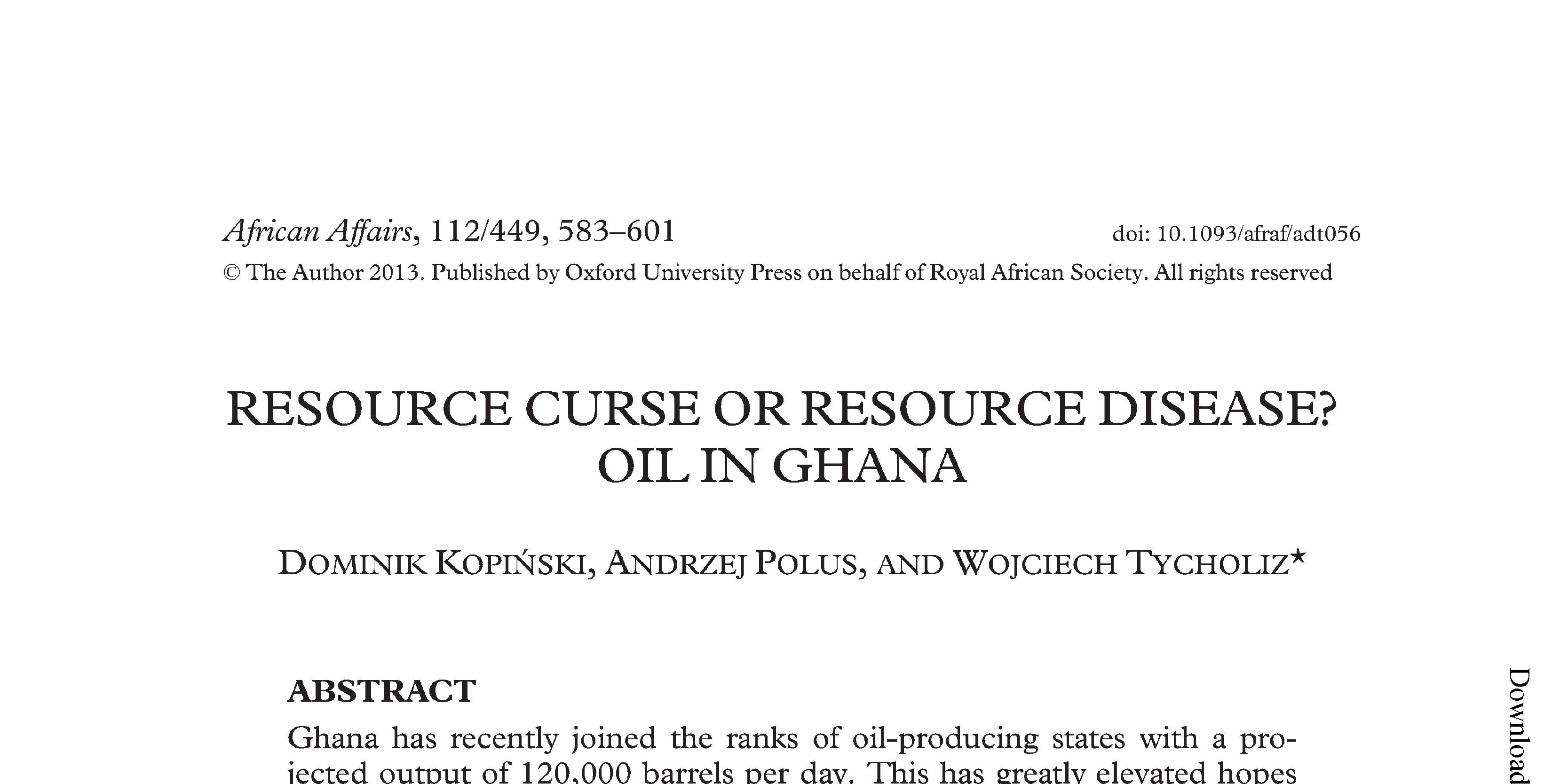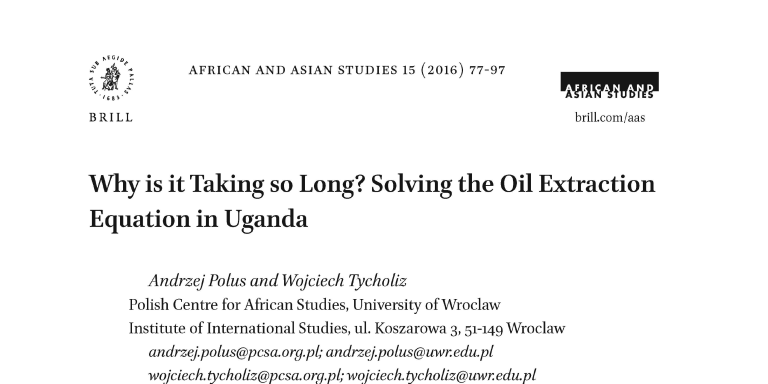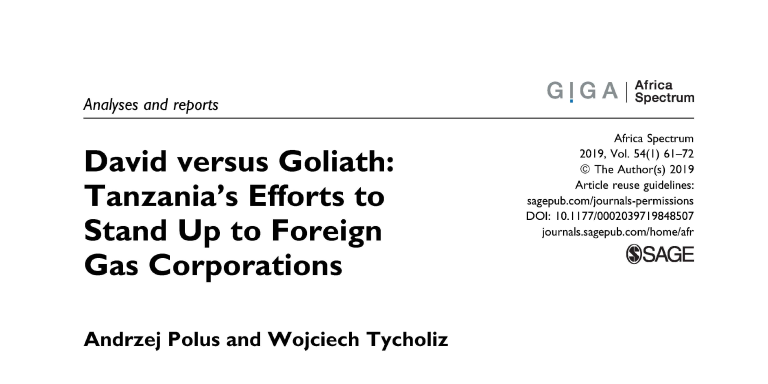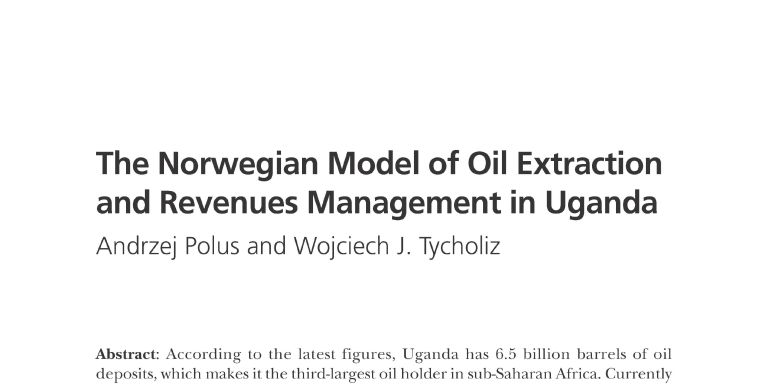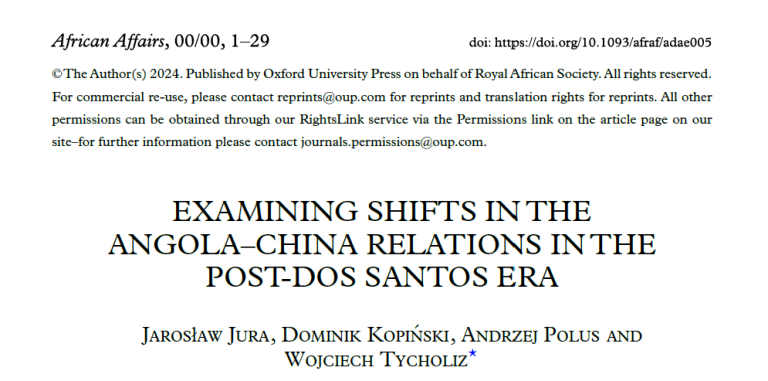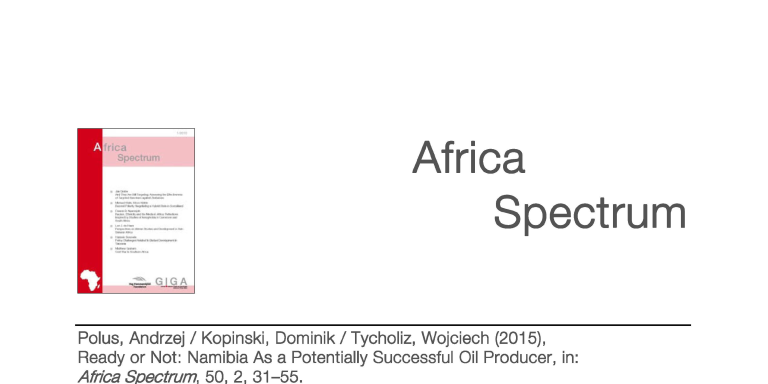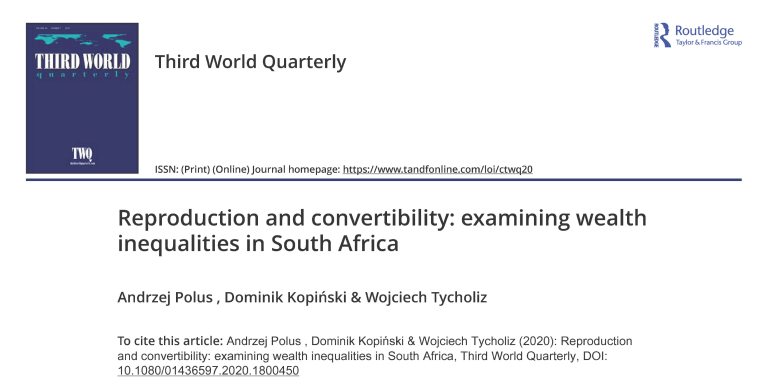Resource curse or resource disease? Oil in Ghana (2013)
Abstract
Ghana has recently joined the ranks of oil-producing states with a projected output of 120,000 barrels per day. This has greatly elevated hopes among the general public, but also sparked fears of a ‘Nigerian scenario’ in which oil becomes a problem rather than a solution. This article argues that Ghana, as a latecomer to the oil industry, may possess a structural immunity against the natural resource curse. The argument centres on three main factors: the country’s stable political system, its relatively robust and diversified economy, and the strength of civil society. As a result, the usual symptoms linked to oil extraction across the developing world are unlikely to turn the country upside down. Instead, we suggest that the ‘curse’ should be perceived as a treatable ‘disease’. The article pursues this analogy by showing that, since the discovery of oil, Ghana has been strengthening its ‘immune system’ through a new legal framework, improvements in transparency and accountability, and modest attempts to strengthen non-resource sectors of the economy.
Keywords:
Ghana, resource curse, resource disease, oil, natural resources, oil revenue management, debt
To cite this article:
Kopiński, D., Kopiski, D., Polus, A., & Tycholiz, W. (2013). Resource curse or resource disease? Oil in Ghana. African Affairs, 112(449), 583–601. http://www.jstor.org/stable/43817370
